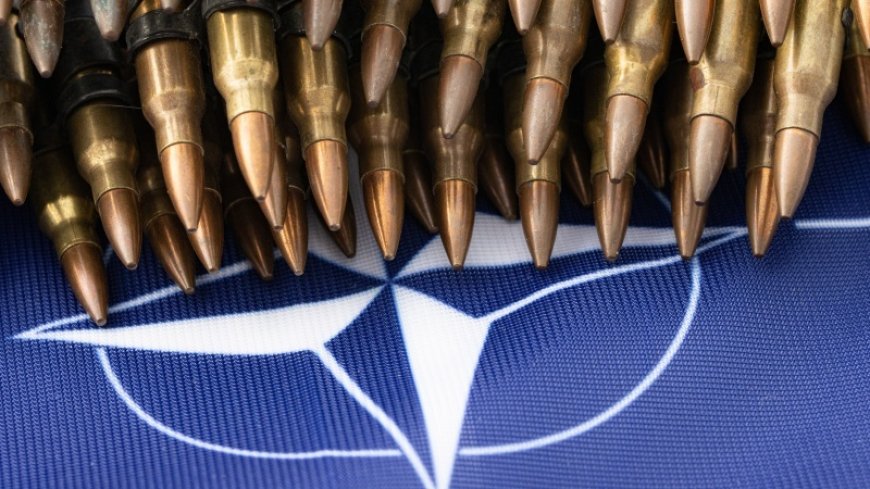NATO Summit Sparks Debate Over Alliance's Role Amid Global Crises
As world leaders gather in Washington to commemorate NATO's 75th anniversary, the alliance faces scrutiny and criticism from various quarters, including voices within the United States presidential election arena and international diplomatic circles.

As world leaders gather in Washington to commemorate NATO's 75th anniversary, the alliance faces scrutiny and criticism from various quarters, including voices within the United States presidential election arena and international diplomatic circles.
Robert Kennedy Jr., a candidate in the upcoming US presidential elections, stirred controversy by asserting that NATO's primary agenda is not peace but war. His remarks underscore growing skepticism about NATO's activities, especially as the alliance engages in conflicts and maneuvers that some perceive as aggressive expansions, such as interventions in Yugoslavia, Serbia, Libya, Afghanistan, and more recently, Ukraine.
The summit, attended by leaders of NATO member states, takes place against a backdrop of heightened geopolitical tensions and military conflicts, notably the ongoing war in Ukraine. NATO Secretary General Jens Stoltenberg emphasized the gravity of the situation, labeling the conflict in Ukraine as the most significant security crisis in generations. Stoltenberg defended NATO's support for Ukraine, albeit acknowledging the associated risks and costs amidst an active conflict.
Konstantin Gavrilov, head of the Russian delegation at Vienna talks, voiced concerns over NATO's actions, arguing they increase the risk of conflict between nuclear powers. He criticized NATO's plans to deepen ties with Ukraine, echoing Russia's longstanding objections to NATO's eastward expansion.
The summit has also drawn criticism from global strategists and diplomats. John Mearsheimer, a prominent strategist, attributed NATO's expansion towards Russia as a product of misguided liberal ideals, pointing to it as a catalyst for current tensions.
Anatoli Antonov, Russian ambassador to Washington, echoed these sentiments, accusing the US and its allies of pursuing militaristic policies that escalate tensions. He criticized the summit's agenda as aggressive and reflective of attempts to impose Western demands on the global stage.
Furthermore, NATO's recent statements implicating China and other countries in supporting Russia's actions in Ukraine have sparked international rebuke. Lin Jian, a spokesperson for the Chinese Foreign Ministry, vehemently denied NATO's allegations, condemning them as baseless and accusing NATO of undermining global security with its actions.
In response to these criticisms, NATO has defended its role as a guarantor of regional and global security, emphasizing collective defense and partnership initiatives. The alliance's decisions at the summit, including plans to appoint a high representative in Kiev, have underscored its commitment to supporting Ukraine amidst ongoing hostilities.
As discussions continue in Washington, the NATO summit remains a focal point for global debate on military alliances, international security, and the implications of geopolitical maneuvering in an increasingly interconnected world.













































